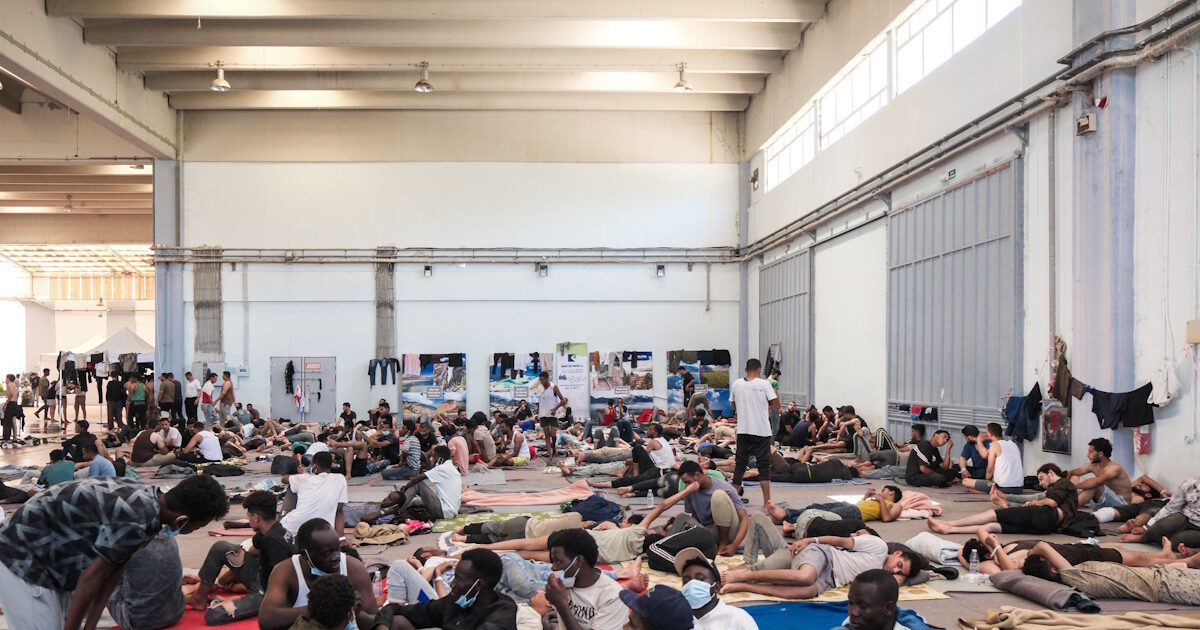In a state of increased alert the authorities are in the Creteas the island faces intense pressure from increased inputs migrantof the last days.
More than 1,500 irregular migrants They have arrived in Crete, mainly through Libya, causing serious problems for already overloaded temporary hospitality structures.
The government has begun deconstruction businesswith the aim of transporting about 600-700 people in closed structures in the mainland. The plan was discussed at a wide meeting at the Maximos Palace under the Deputy Prime Minister, Kostis Hatzidakis and with the participation of the relevant ministers, the Chief of the Coast Guard and other officials.
However the situation remains marginalas the Mayor of Chania, Panagiotis Simandirakis, says. In his statements, he speaks of a “out -of -control state”, noting that over 1,150 refugees are housed in insufficient and inappropriate infrastructure in Chania.
At the same time, at least 350 of them are found for more than a month in conditions that they do not even meet the minimum humanitarian and health standards. He himself denounces institutional inactivity and complete absence of the state, while the case has reached the prosecution.
At the same time, the incidents continue rescue in the marine area around Crete. Vessel with 40 immigrants It was located south of Gavdos, while other boats with dozens of people arrived in the beaches of Chania, Mesara and Trypiti in previous days.
Government argues that rising flows from Libya is temporary And it is controlled, while the European Commission states that it is in contact with all sides in Libya to tackle the phenomenon at its root.
In his meeting with the President of the European Council, Antonio CostaPrime Minister Kyriakos Mitsotakis underlined her need For better coordination in the protection of EU external borders, noting the consequences of the phenomenon of society and in Europe’s security.
The Minister of Immigration, Thanos Plevrisit has already announced the government’s intention to create a closed hospitality structure in Crete, but the timetable remains unclear and local government expresses reservations about the lack of planning and cooperation.
Finally, the Municipality of Chania, who lifts up loud weight Crisis Management, just recently received a small part of funding To meet the basic needs, which – as the mayor states – made it impossible to further care and feed the refugees.
He calls on the state to deal with the situation with substantive measures and to support local authorities in practice.
